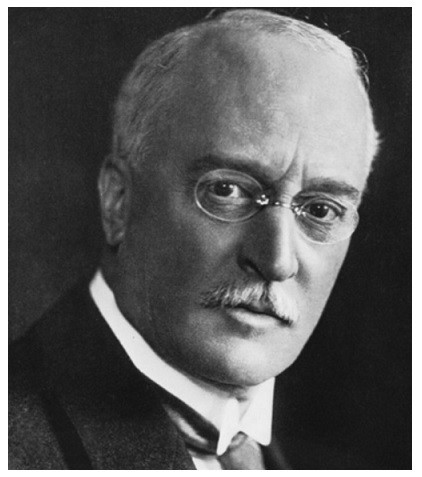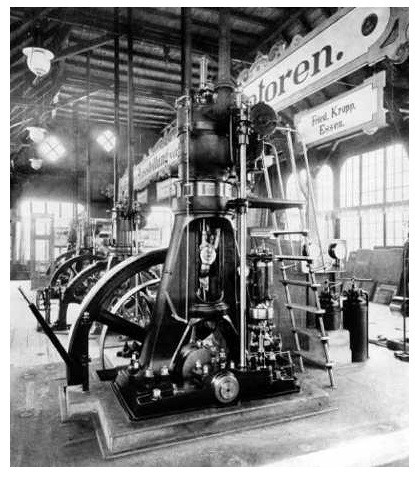Interesting Facts about Rudolf Diesel, the Creator of the Diesel Engine
 The diesel engine has changed the world of automotive transportation in so many ways that it's hard to count them all. But, what do you know about Rudolf Diesel, the man who invented this amazing engine?
The diesel engine has changed the world of automotive transportation in so many ways that it's hard to count them all. But, what do you know about Rudolf Diesel, the man who invented this amazing engine?
We at Gwinnett Place Body Shop of Duluth, the best shop in GA, have researched and found some interesting facts about Rudolf Diesel, the engineer best known for inventing the diesel engine. Born in Paris in 1858, Diesel’s German parents died in 1913 under mysterious circumstances. He lived in London, Paris and Munich, and worked as a refrigerator engineer. Although Diesel suffered from typhoid in 1879 and was unable to graduate with his class, he did graduate with honors the following year. Diesel went to work for Carl Von Linde, with whom he designed and built a modern refrigeration system and an ice plant, of which he was named director in 1881.
Diesel gained practical engineering experience at the Swiss Sulzer Brothers Machine Works, but it was his visits to the National Conservatory of Arts and Crafts that sparked his fascination with engineering. It was in 1892 when he earned a patent for the engine bearing his name.
Diesel’s engine helped ships and trains operate more efficiently using oil instead of coal and was also quieter and easier and less expensive to maintain and repair, making Diesel wealthy. However, engineering was not Diesel’s only claim to fame. He was also an arts connoisseur, a social theorist and a “brilliant” linguist.
During his years researching thermal and fuel efficiency, he built a steam engine that exploded, sending him to the hospital for several months. It was also during this time, Diesel became interested in the work of French physicist Nicholas Carnot, whose ideas formed the basis for the modern combustion engine. 
For more than 10 years, from 1885, Diesel labored to develop a more efficient engine. He powered the very first diesel with peanut oil in 1893. The rights to the diesel engine in America were sold to a brewer named Adolphus Busch. Diesel warned of the air pollution dangers posed by engines and wrote a book in which he suggested companies should be owned by the employees.
It was in September 1913 when Rudolf Diesel vanished on a steamer trip across the English Channel. After having dinner on the Dresden, he went to his cabin about 10 p.m., asking for a wake-up call at 6:15 a.m. He was never seen alive again. A decomposing male body was spotted 10 days later, by a Dutch boat crew, in the North Sea near Norway. Personal items like his eyeglass and pill cases, identification and pocket knife, helped his son Eugene identify the body as Diesel’s.
Several theories have been floated about how Diesel met his end. Some say killed himself because he was on the verge of bankruptcy or was neurotic and had suffered numerous breakdowns, while others believe he was murdered either by the Germans for his lack of nationalism, by coal industry moguls upset with his engine or by a government with a military interest in his work.
We at Gwinnett Place Body Shop hope you’ve enjoyed learning more about Rudolf Diesel, and about the history behind the Diesel Engine.
Sources: Famousscientists.org, famousinventors.org, infoplease.com








 The diesel engine has changed the world of automotive transportation in so many ways that it's hard to count them all. But, what do you know about Rudolf Diesel, the man who invented this amazing engine?
The diesel engine has changed the world of automotive transportation in so many ways that it's hard to count them all. But, what do you know about Rudolf Diesel, the man who invented this amazing engine?
Social